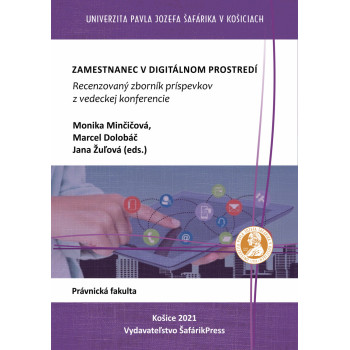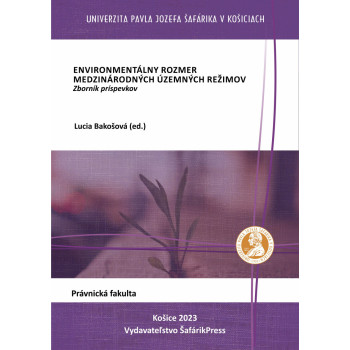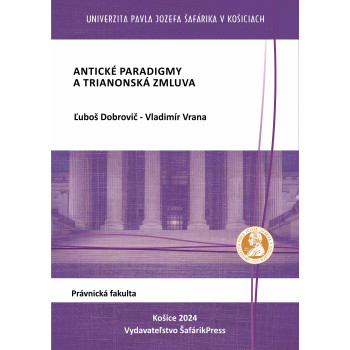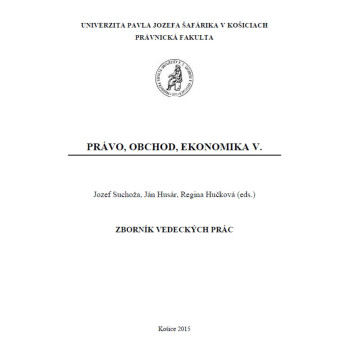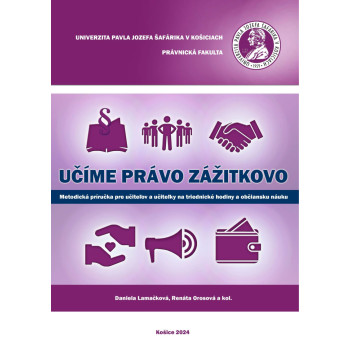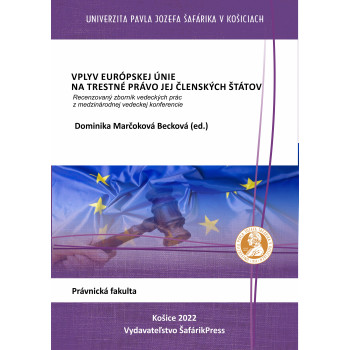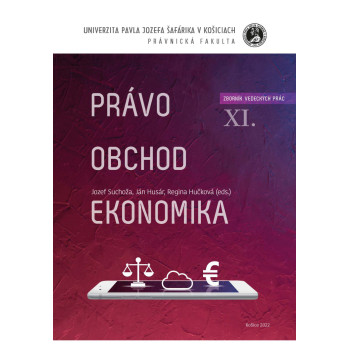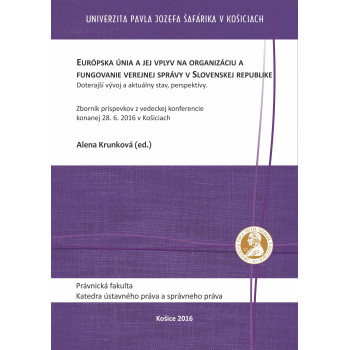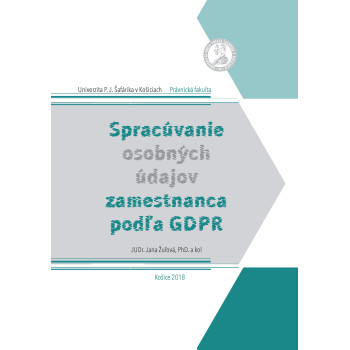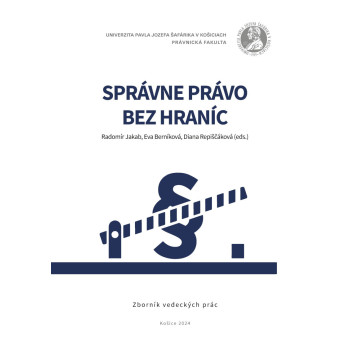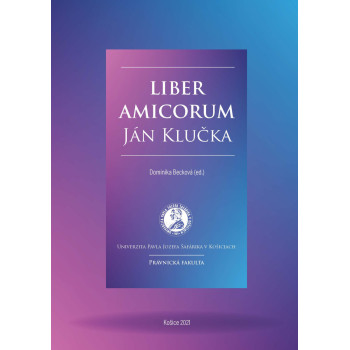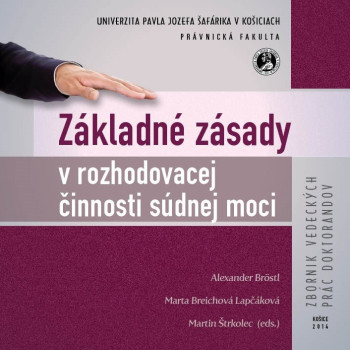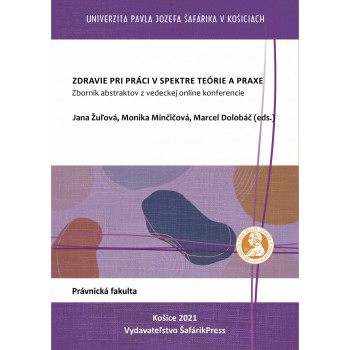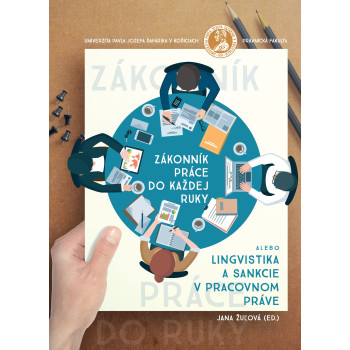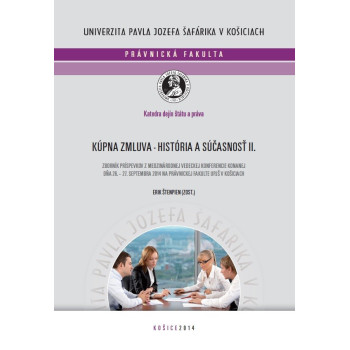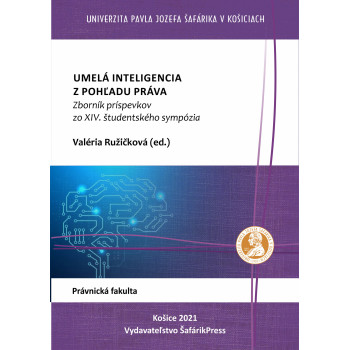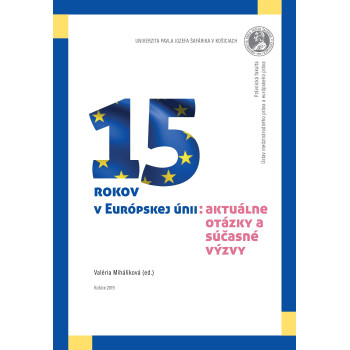
Zamestnanec v digitálnom prostredí
E-book
Monika Minčičová - Marcel Dolobáč - Jana Žuľová
The presented proceedings of papers is the result of the international scientific conference "Employee in the digital environment", which was organized as part of the research project VEGA 1/0790/20 Employee protection in the context of the Industrial Revolution 5.0 - starting points, opportunities and risks. The online scientific conference took place on the 5th of November 2021 under the auspices of the Department of Labour Law and Social Security Law, Faculty of Law, P. J. Šafárik University in Košice. The proceedings includes a variety of scientific papers focused on the study of current issues caused by the digital transformation of society.Authors respond to partial legal problems of labour law and social security law at the theoretical-legal and application level and reflect on the consequences of ongoing phenomena for the labour market and labour law legislation.



